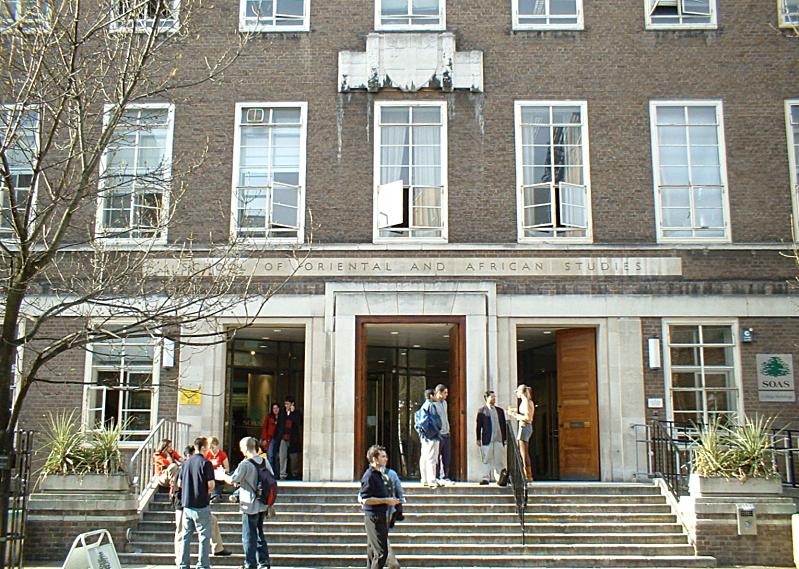Is institutional racism causing BME students to achieve lower degree grades?
Institutional racism at SOAS University in London is causing an attainment gap between black & minority ethnic (BME) students and their white peers, according to a report by the University’s Students’ Union (SU).
The report claims: “BME students’ confidence, motivation and engagement are often negatively affected by racial exclusion and discrimination in the learning and teaching environment.”
SOAS SU commissioned the report after studies found an attainment gap of 10% between white and BME students at the university which could not be attributed to their grade differences at admission, suggesting problems within the university were contributing to the gap.
Cited in the report as contributing to exclusion of BME students are: “Centering of white perspectives in the curriculum and in class discussions, the over-representation of white people among staff and students on some courses, biased assessment practices, and racism by staff and students.”
30% of white students achieve a first or 2:1 compared to 17% of black students at Warwick
Also identified as contributing to the attainment gap was a “lack of accountability”, including a failure to respond correctly to complaints and a failure of individuals within the university to admit they had the potential to be racist or see BME attainment problems as structural.
SOAS has been in the news recently, after students made headlines calling for the inclusion of a greater number of non-white philosophers in the philosophy curriculum. Some national newspapers sensationalised this demand, claiming “PC students” were calling for the removal of philosophers like Plato, Kant and Descartes.
The BME attainment gap is not exclusive to SOAS, however. In fact, the national disparity is even higher, according to figures from 2012 which show 66% of white students achieving a first or second class degree, compared to only 48% of BME students.
At Warwick, just 17% of BME students achieved a first class degree on average between 2010-14, compared to 30% of their white peers. Furthermore, 28% of BME students got a 2:2 or below, compared to just 14% of white students.
The news comes in the context of growing criticism over the poor ethnic diversity of university staff. On Thursday, figures for 2015-16 were released showing that there were no black academics employed in senior management at any UK university for the third year in a row. Last month, the Boar reported that less than 1 in 10 professors belonged to an ethnic minority.
Warwick’s vice-chancellor Stuart Croft has made his views known on the low number of BME academics at Warwick and across the sector. In an interview with the Boar last year he said:
“The number of British BME professors is low at Warwick, it is low around the country, and it is low across the Russell Group… It is really important that white old men like me spend a bit of time listening and not too much time talking. There is an awful lot of liberal denial: ‘It’s a level playing field now, it’s all okay, it will all come right.’ I’m not convinced. We still have all sorts of constraints and structural barriers across higher education in all sorts of areas. We need to talk a lot more about it because only by talking can we find core strategies for dealing with it.”

Comments